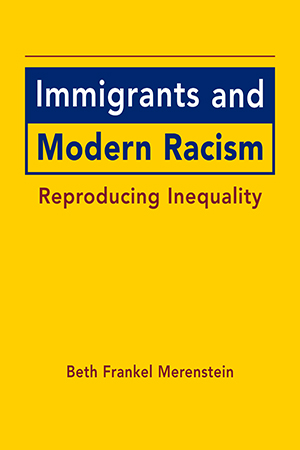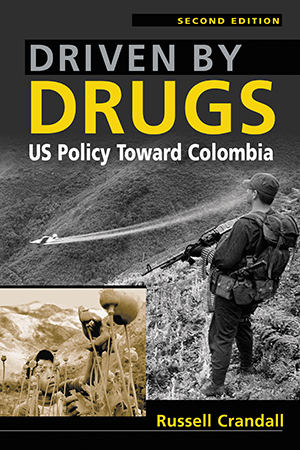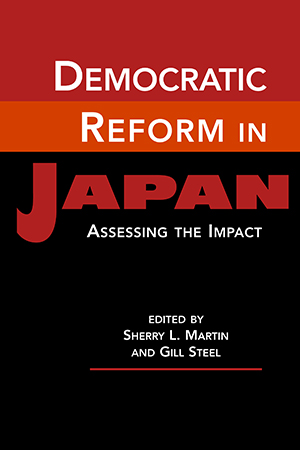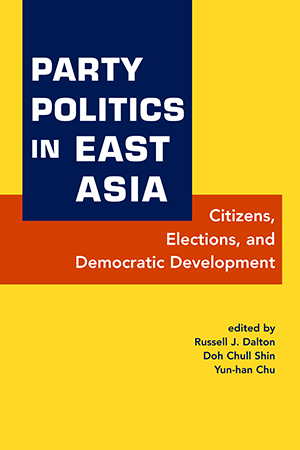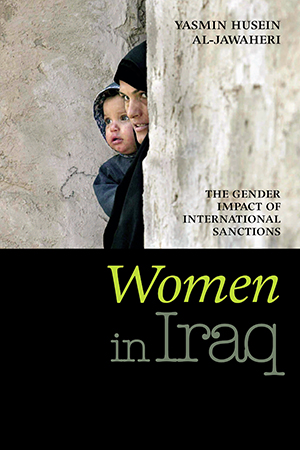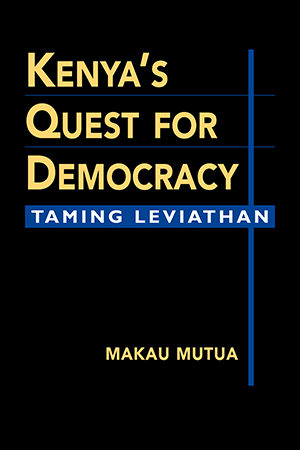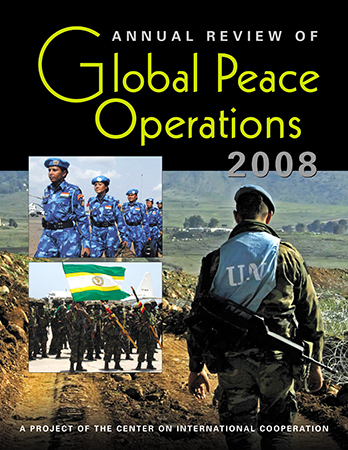BOOKS
With rising numbers of immigrants of color in the United States, sheer demographic change has long promised—falsely, it now seems—to solve the "race problem." Directly More >
In the years since the first edition of Driven by Drugs was published, there have been dramatic changes in US policy toward Colombia, as well as in domestic Colombian politics. This new More >
The idea of working for peace through the health sector has sparked many innovative programs, described expertly and accessibly in Peace Through Health by professionals in the field. More >
Widespread dissatisfaction in Japan in the 1990s set the stage for numerous political reforms aimed at enhancing representation and accountability. But have these reforms in fact improved More >
Confounding expectations, Taiwan reduced its military spending for many years even as its sole adversary, the People's Republic of China, modernized its military and significantly More >
Assessing the trajectory of democratization in East Asia, this volume offers a systematic and tightly integrated analysis of party-system development in countries across the region. The More >
Yasmin Husein Al-Jawaheri argues that the explosion of violence against Iraqi women since the removal of Saddam Hussein should not have taken people by surprise. The deterioration of gender More >
Tracing the trajectory of postcolonial politics, Makau Mutua maps the political forces that have shaped contemporary Kenya. He also critically explores efforts on the part of both civil More >
What is the interplay between EU enlargement and a fluctuating transatlantic security partnership? Will the accession of new EU members reinforce this partnership, or instead increase the More >
Unique in its breadth of coverage, the Annual Review of Global Peace Operations presents the most detailed collection of data on peace operations—those launched by the UN, by regional More >



